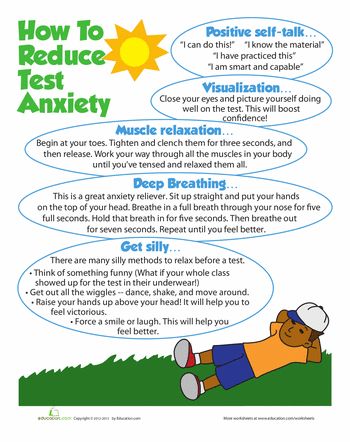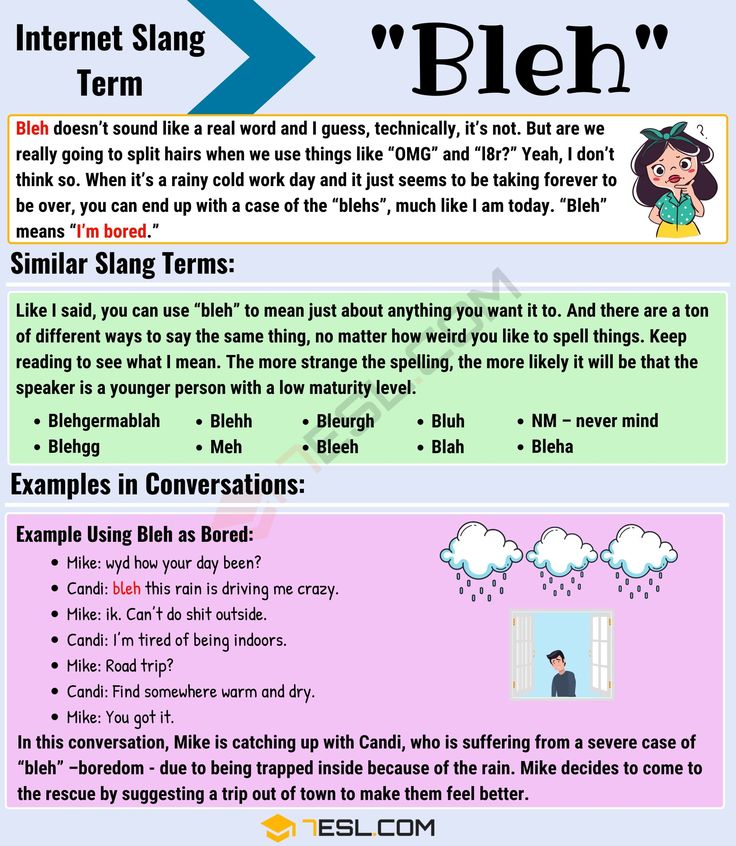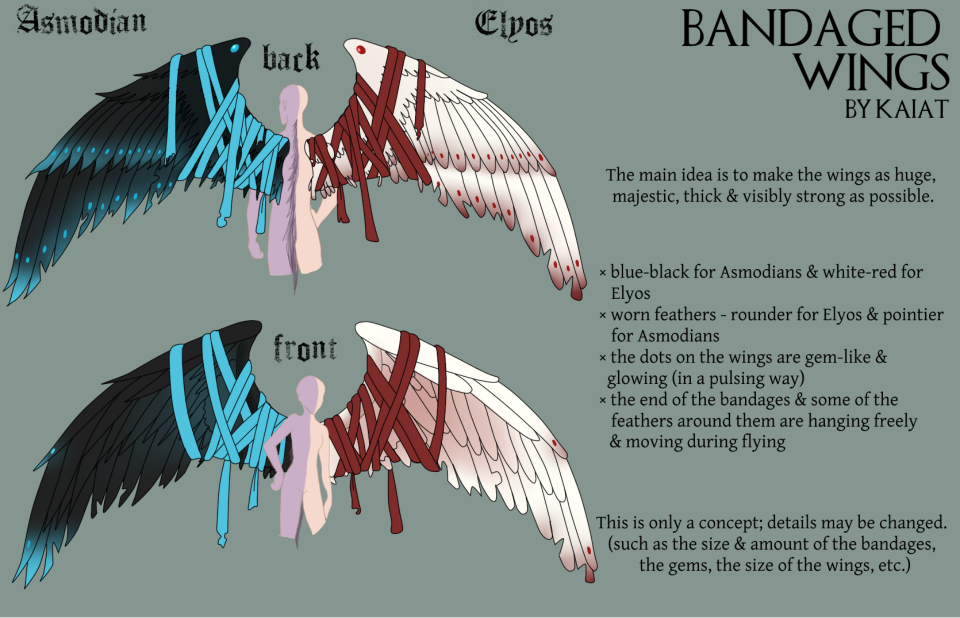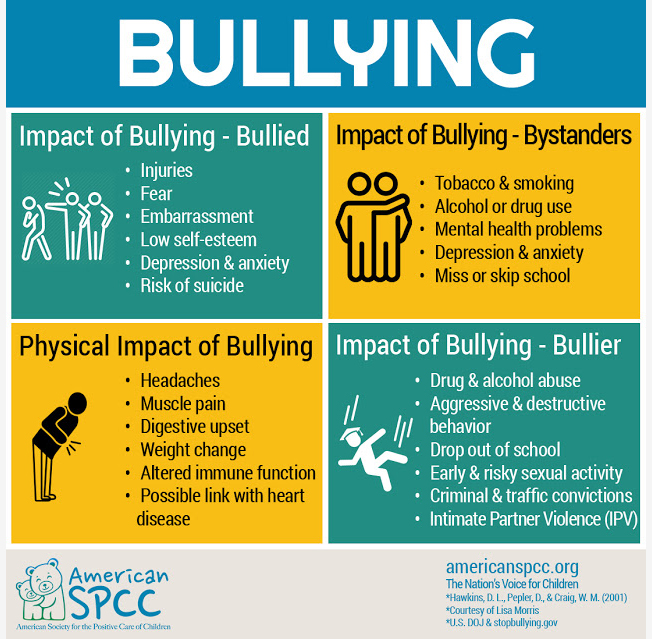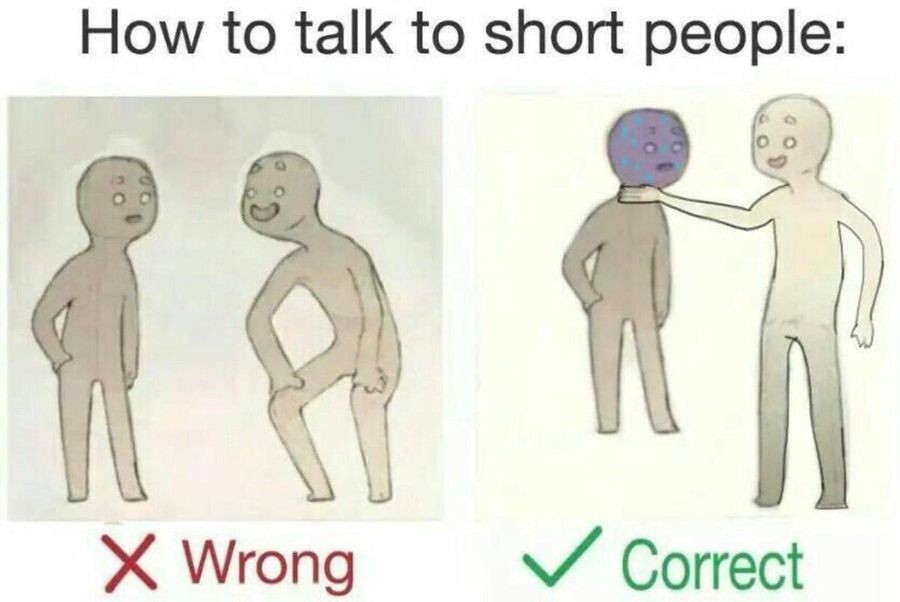Anxiety school work
Homework Anxiety Explained
Sometimes kids dread homework because they'd rather be outside playing when they're not at school. But, sometimes a child's resistance to homework is more intense than a typical desire to be having fun, and it can be actually be labeled as homework anxiety: a legitimate condition suffered by some students who feel intense feelings of fear and dread when it comes to doing homework. Read on to learn about what homework anxiety is and whether your child may be suffering from it.
What is Homework Anxiety?
Homework anxiety is a condition in which students stress about and fear homework, often causing them to put homework off until later. It is a self-exacerbating condition because the longer the student puts off the homework, the more anxiety they feel about it, and the more pressure they experience to finish the work with less time. Homework anxiety can cripple some kids who are perfectly capable of doing the work, causing unfinished assignments and grades that slip.
What Causes Homework Anxiety?
There are many causes of homework anxiety, and there can be multiple factors spurring feelings of fear and stress. Some common causes of homework anxiety include:
- Other anxiety issues: Students who tend to suffer anxiety and worry, in general, can begin to associate anxiety with their homework, as well.
- Fear of testing: Often, homework is associated with upcoming tests and quizzes, which affect grades. Students can feel pressure related to being "graded" and avoid homework since it feels weighty and important.
- General school struggle: When students are struggling in school or with grades, they may feel a sense of anxiety about learning and school in general.
- Lack of support: Without a parent, sibling, tutor, or other help at home, students may feel that they won't have the necessary support to complete an assignment.
- Perfectionism: Students who want to perform perfectly in school may get anxious about completing a homework assignment perfectly and, in turn, procrastinate.

Basic Tips for Helping with Homework Anxiety
To help your child with homework anxiety, there are a few basic tips to try. Set time limits for homework, so that students know there is a certain time of the day when they must start and finish assignments. This helps them avoid putting off homework until it feels too rushed and pressured. Make sure your student has support available when doing their work, so they know they'll be able to ask for help if needed. Teaching your child general tips to deal with anxiety can also help, like deep breathing, getting out to take a short walk, or quieting racing thoughts in their mind to help them focus.
How can the Brain Balance Program Help with Homework Anxiety?
Extensive scientific research demonstrates that the brain is malleable, allowing for brain connectivity change and development and creating an opportunity for improvement at any age. Brain Balance has applied this research to develop a program that focuses on building brain connectivity and improving the foundation of development, rather than masking or coping with symptoms.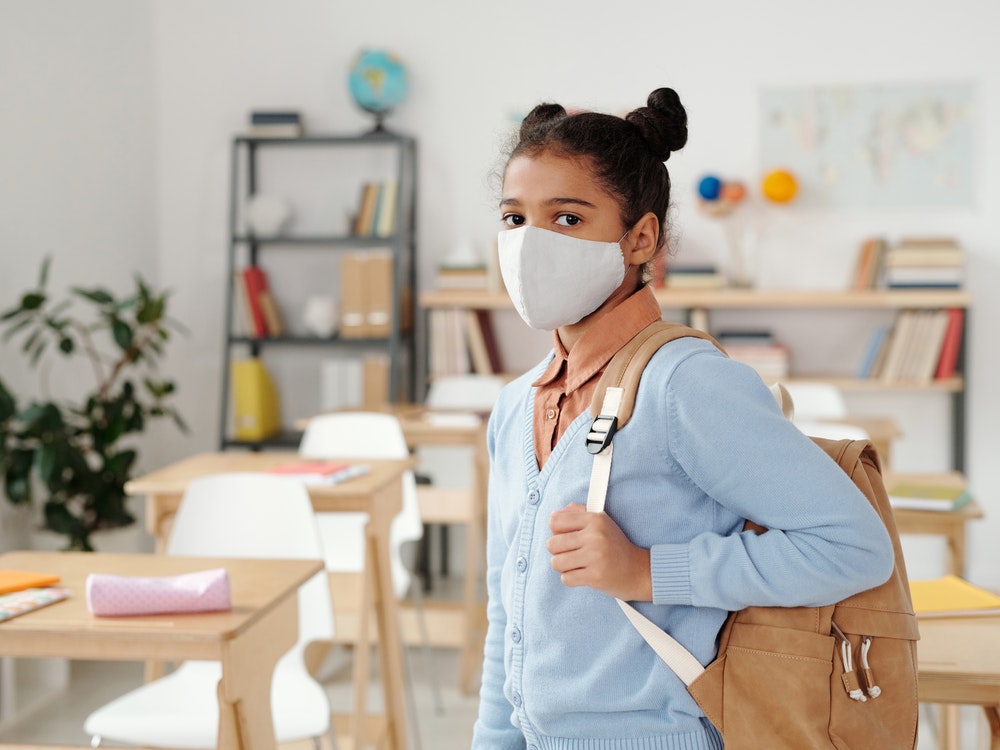
If you have a child or a teenager who struggles with homework anxiety, an assessment can help to identify key areas for improvement and create an action plan for you and your child. To get started, take our quick, free online assessment by clicking the link below.
Anxiety Disorders Factsheet (for Schools) (for Parents)
Reviewed by: Shirin Hasan, MD
Psychology (Behavioral Health) at Nemours Children's Health
en español Hoja informativa sobre los trastornos de ansiedad (para las escuelas)
What Teachers Should Know
Anxiety disorders cause people to feel frightened, distressed, or uneasy during situations in which most people would not feel that way. Left untreated, anxiety disorders can make it hard for students to get schoolwork done or study. It may affect their relationships with peers and teachers, too. In some cases, students with anxiety disorders miss a lot of school days. Or they may avoid school altogether.
Common anxiety disorders that affect kids and teens are:
- Generalized anxiety disorder (GAD).
 With GAD, children have many worries and worry much of the time. They may also have physical symptoms, like headaches, stomachaches, muscle tension, or tiredness.
With GAD, children have many worries and worry much of the time. They may also have physical symptoms, like headaches, stomachaches, muscle tension, or tiredness. - Phobias. A phobia is an intense, unrealistic fear of a specific thing. Some kids have a phobia of dogs. Others have a phobia of spiders or snakes. A child with a phobia will go to great lengths to avoid the thing they fear.
- Social anxiety. Kids and teens with social phobia have an intense fear of being judged. It affects them in social or other situations. They will avoid situations where they may have to meet new people or perform.
- Selective mutism. Some students are too fearful to talk at all in certain situations. Kids and teens with selective mutism are able to talk, and talk well. But they are too fearful to talk in some situations outside their home or with people other than friends.
- Panic disorder. Some students have panic attacks, a sudden and intense episode of fear.
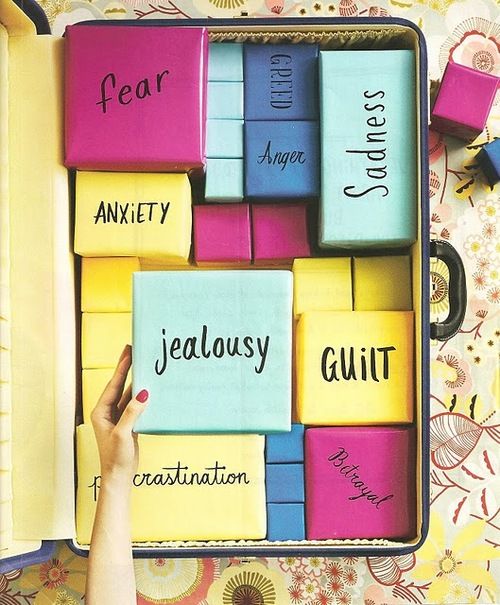 They can include physical symptoms like a pounding heart, shortness of breath, or dizziness. Panic attacks can happen unexpectedly.
They can include physical symptoms like a pounding heart, shortness of breath, or dizziness. Panic attacks can happen unexpectedly. - Separation anxiety. It's normal for babies and very young children to have some separation anxiety when they are apart from a parent or caregiver. But when separation anxiety lasts beyond the early school age years, students may have trouble coming to school.
Students with anxiety disorders may show symptoms that fit into one or more of these categories:
- have trouble concentrating in class or completing classwork
- feel self-conscious and avoid certain situations
- have physical symptoms, such as a racing heart, fast breathing, tense muscles, sweaty palms, a queasy stomach, and trembling hands or legs
- take medication to help reduce anxiety
- may need to work with a school counselor or therapist
What Teachers Can Do
Teachers can help students by:
- talking with parents to learn more about the student and how you can best support them
- allowing students extra time to do work
- learning how to coach students to self-calm with breathing and other relaxation techniques
- giving them daily schedules
- modifying assignments and reducing workloads when necessary
- promoting relaxation techniques and allowing for breaks throughout the day
- supporting parents in helping kids get to school, even if it means arriving late or adapting class schedules
- allowing them a safe space and ability to go speak with a counselor, if needed
- easing anxiety in the classroom by pairing with a peer
Reviewed by: Shirin Hasan, MD
Date reviewed: May 2019
How to overcome school anxiety?
Anxiety is a human condition characterized by an increased tendency to experiences, fears and anxiety, which has a negative emotional coloring
Anxiety should be distinguished from anxiety. If anxiety is episodic manifestations of anxiety, agitation of a child, then anxiety is a stable condition. For example, it happens that a child gets excited while answering at the blackboard. But this anxiety does not always manifest itself, sometimes in the same situations he remains calm. These are manifestations of anxiety. If the state of anxiety is repeated often and in a variety of situations (when answering at the blackboard, communicating with unfamiliar adults, etc.), then we should talk about anxiety. nine0006
If anxiety is episodic manifestations of anxiety, agitation of a child, then anxiety is a stable condition. For example, it happens that a child gets excited while answering at the blackboard. But this anxiety does not always manifest itself, sometimes in the same situations he remains calm. These are manifestations of anxiety. If the state of anxiety is repeated often and in a variety of situations (when answering at the blackboard, communicating with unfamiliar adults, etc.), then we should talk about anxiety. nine0006
School anxiety includes various aspects of persistent school problems. It is expressed in excitement, increased anxiety in educational situations, in the classroom, in anticipation of a bad attitude towards oneself, a negative assessment from teachers and peers. The child constantly feels his own inadequacy, inferiority, is unsure of the correctness of his behavior, his decisions.
School anxiety can manifest itself in behavior in a variety of ways, masquerading as other problems.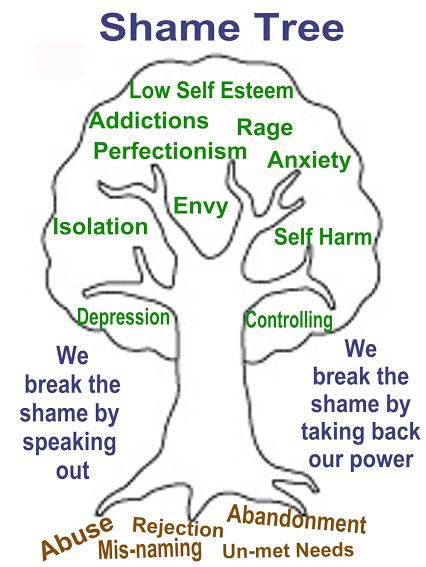 The main diagnostic signs of school anxiety are passivity in the classroom, stiffness in answering, embarrassment at the slightest remark from the teacher. At recess, an anxious child cannot find something to do, loves to be among children, without, however, entering into close contact with them. In addition, due to greater emotional stress, the child begins to get sick more often, and resistance to somatic diseases decreases. Particular attention deserves such a form of manifestation of school anxiety as the loss of control over physiological functions in stressful situations. For example, a child may blush (turn pale) when answering at the blackboard and even from a place, feel trembling in the knees. nine0006
The main diagnostic signs of school anxiety are passivity in the classroom, stiffness in answering, embarrassment at the slightest remark from the teacher. At recess, an anxious child cannot find something to do, loves to be among children, without, however, entering into close contact with them. In addition, due to greater emotional stress, the child begins to get sick more often, and resistance to somatic diseases decreases. Particular attention deserves such a form of manifestation of school anxiety as the loss of control over physiological functions in stressful situations. For example, a child may blush (turn pale) when answering at the blackboard and even from a place, feel trembling in the knees. nine0006
How can parents help their child overcome anxiety?
Help for anxious children should be provided in three main areas: first, to increase the child's self-esteem; secondly, to teach the child how to relieve muscle and emotional stress; and thirdly, to develop self-control skills in situations that traumatize the child.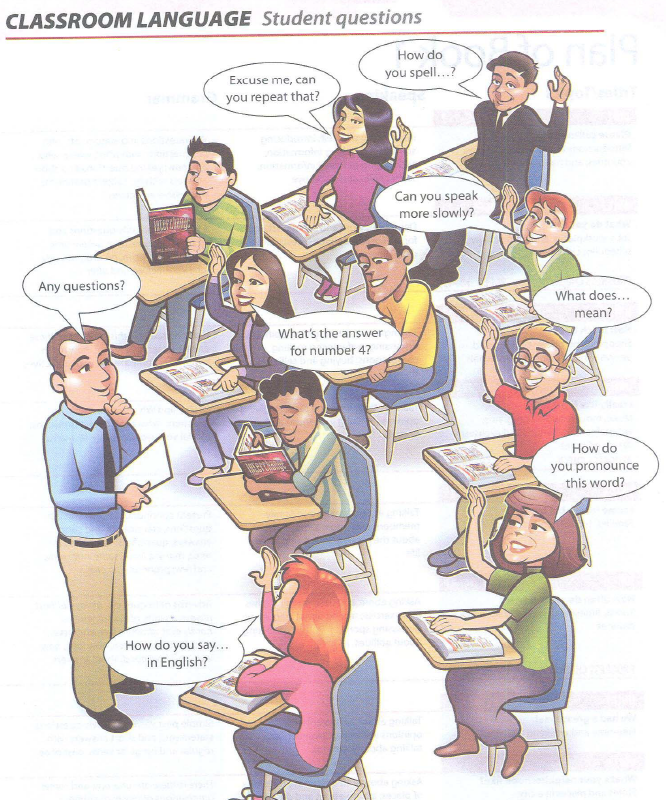
1. Increasing self-esteem.
Of course, it is impossible to increase a child's self-esteem in a short time. It is necessary to carry out purposeful work on a daily basis. Address the child by name, praise him even for minor successes, celebrate them in the presence of other children. However, your praise must be sincere, because children are sensitive to falsehood. Moreover, the child must know why he was praised. In any situation, you can find a reason to praise the child. Show sincere concern for him, and as often as possible give a positive assessment of his actions and deeds. Do not compare the child's personality with the personal qualities of other children. Compare the child's results only with his own previous achievements/failures. nine0006
2. Learning how to relieve muscle and emotional tension.
The emotional tension of anxious children is most often manifested in the muscle clamps of the face, neck and abdomen.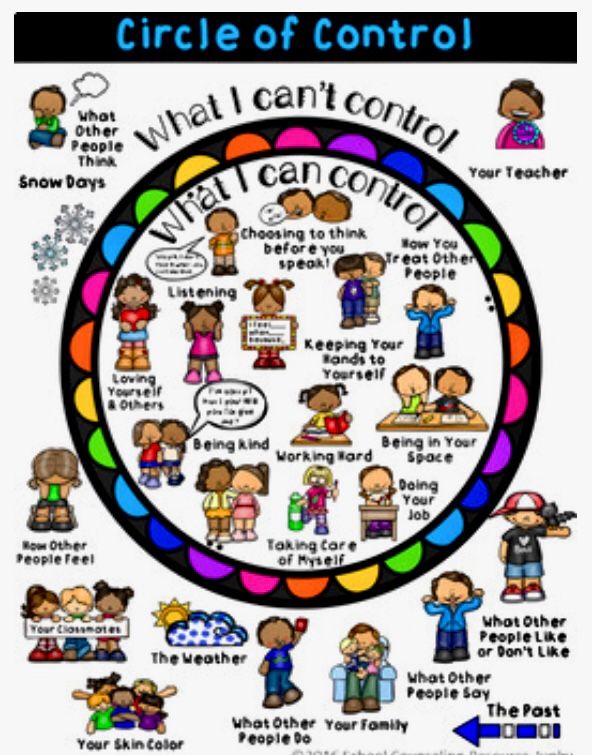 To help children reduce tension - both muscular and emotional - you can teach them to do relaxation exercises. The use of massage elements and even simple rubbing of the body also helps to relieve muscle tension. If the mother does this, it will be doubly good, because in addition to the massage itself, she will also establish bodily contact with the child, which is very important. nine0006
To help children reduce tension - both muscular and emotional - you can teach them to do relaxation exercises. The use of massage elements and even simple rubbing of the body also helps to relieve muscle tension. If the mother does this, it will be doubly good, because in addition to the massage itself, she will also establish bodily contact with the child, which is very important. nine0006
3. Practicing self-control in situations that traumatize the child.
Knowing about the child's difficulties, and also if the child does not speak openly about them, but he has symptoms of anxiety, play together, playing through the role-playing game, or playing with soldiers, dolls, possible difficult situations. Maybe the child himself will suggest a plot, a development of events. It is important that the plots for the games are "difficult" cases from the life of the child. The roles should be distributed as follows: the child speaks for the “cowardly” doll, and the adult speaks for the “brave” one.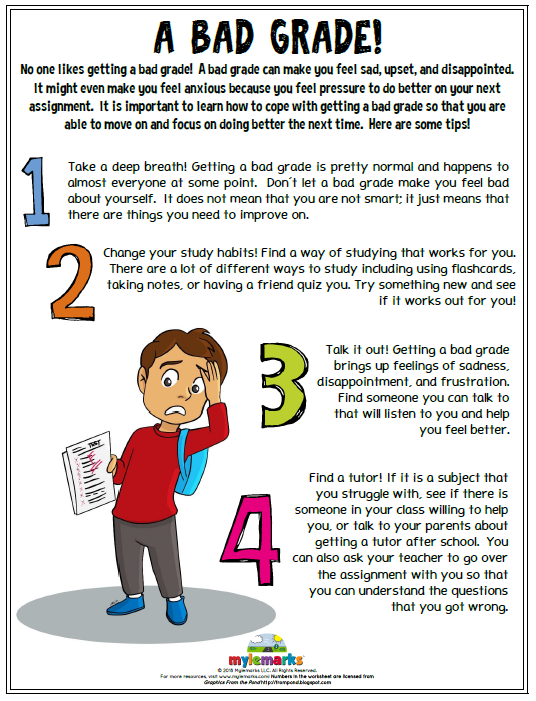 Then you need to switch roles. This will allow the child to look at the situation from different points of view, and having experienced the “unpleasant” plot again, get rid of the negative experiences that haunt him. nine0006
Then you need to switch roles. This will allow the child to look at the situation from different points of view, and having experienced the “unpleasant” plot again, get rid of the negative experiences that haunt him. nine0006
Through the game, you can show possible solutions to a particular problem. Also, for this purpose, you can come up with fairy tales with your child, the heroes of which can get into situations that disturb them and find a worthy way out of them.
For Parents of First Graders:
1. Support your child in becoming a schoolchild.
2. Discuss with your child the rules and regulations they will encounter at school. Explain their necessity and expediency. nine0006
3. Your child came to school to learn. When he studies, something may not immediately work out for him.
4. Make a daily routine with the first-grader, follow it.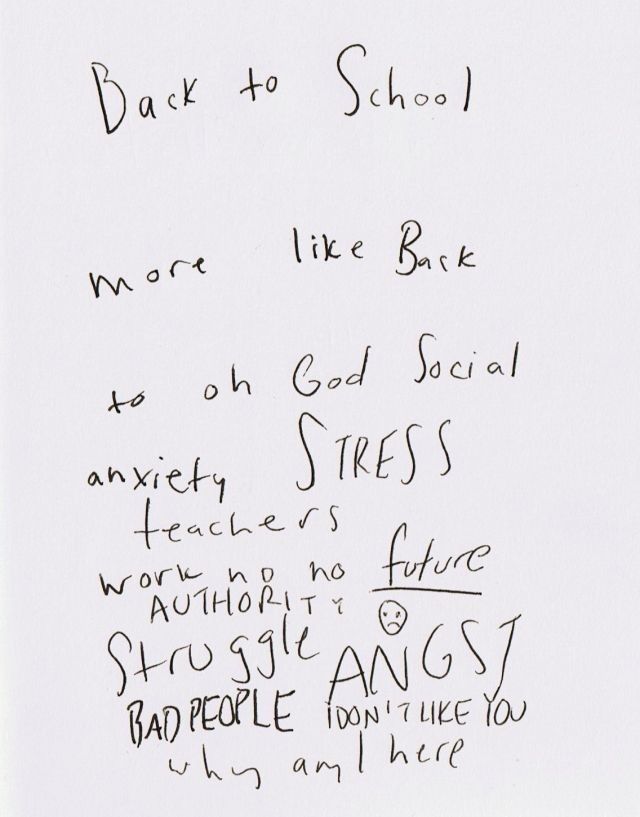
5. Do not skip the difficulties in the first stage of training.
6. Encourage your child to be successful. In each work, be sure to find something for which you can praise him.
7. If you are concerned about something in the child's behavior, his school affairs, do not hesitate to seek advice from a teacher or a school psychologist. nine0006
8. Respect the first grader's opinion of your teacher.
9. The child should have time for play activities.
For parents of fifth graders:
1. Create conditions for the development of independence in the child's behavior. A fifth grader should have household chores for which he is responsible.
2. A fifth grader needs unobtrusive parental control. nine0006
3. Maintain the authority of the teacher.
4.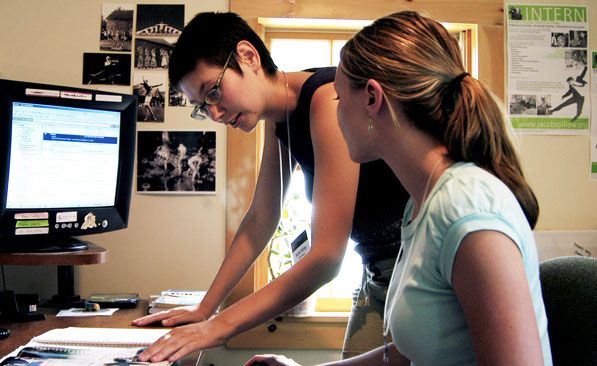 Talk to your child about school, learning, and relationships with friends.
Talk to your child about school, learning, and relationships with friends.
5. If you are concerned about something in the child's behavior, his academic affairs, do not hesitate to seek advice from a teacher or a school psychologist.
For parents of tenth graders:
1. It is important to help your child learn how to manage their time wisely and plan the day so that there is time for rest, sleep and outside of school. nine0006
2. Allow the child to discuss their life plans without imposing a decision made in advance.
3. Build relationships with the child on a new partnership basis.
Parents of graduates:
in his capacity, but ready to support in case of failure. nine0006
2. Keep the student feeling ready for the exam by noting the effort involved and the result.
3.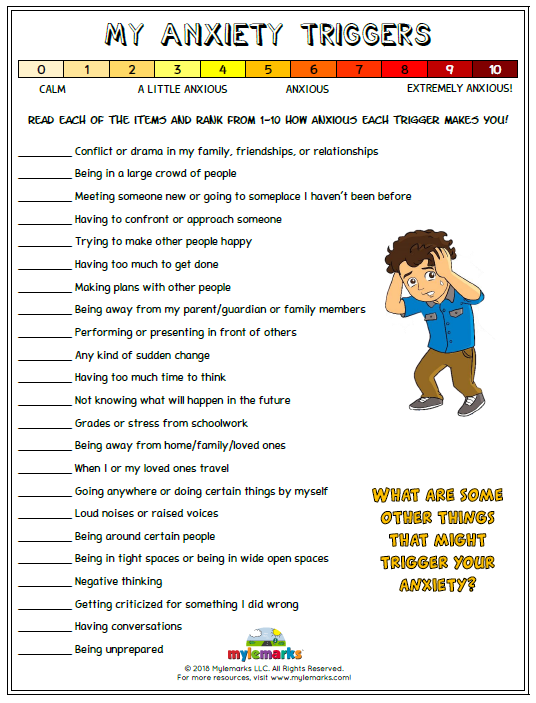 Change activity every 40-50 minutes. With the parallel preparation of different subjects, it is desirable to alternate the natural sciences and the humanities.
Change activity every 40-50 minutes. With the parallel preparation of different subjects, it is desirable to alternate the natural sciences and the humanities.
4. It is desirable that the graduate, if desired, has the opportunity to tell parents the material he has learned.
5. Do not force your child to turn off the music or the TV while studying for exams. nine0006
6. It is important to pay close attention to your child's diet.
Working with anxious children in elementary school
Sections: Primary school, School administration, Extra-curricular activities, Classroom guidance, School psychological service, Social pedagogy, Correctional pedagogy, Inclusive education, Additional education, Master class
Grades: 1, 2, 3, 4
Working with an anxious child has its own patterns.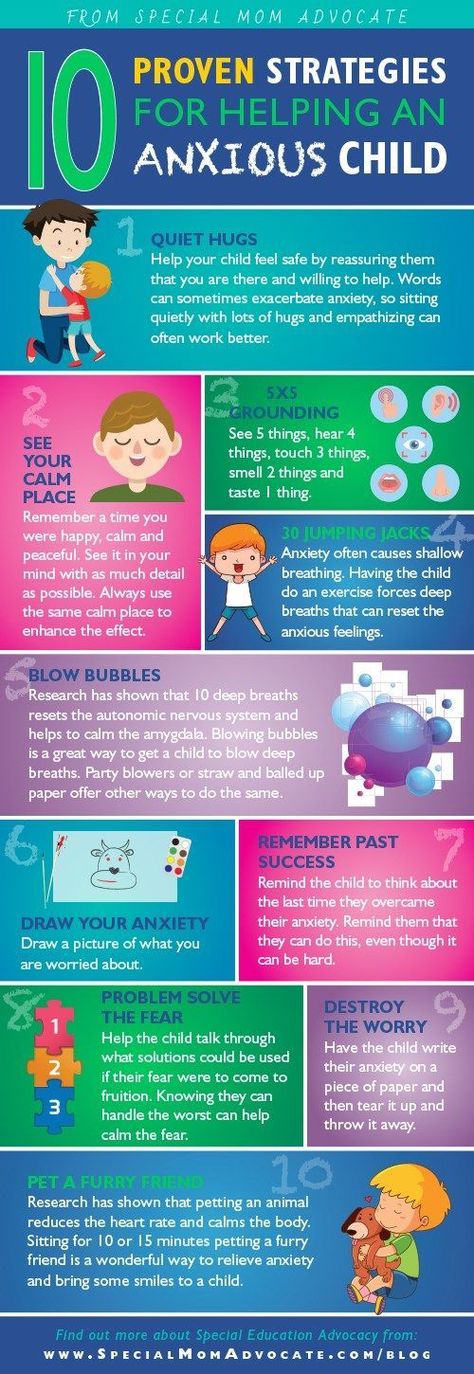
As with other children's problems that did not arise yesterday or suddenly, get ready for patient, systematic work.
It needs to be done in three directions:
- increase the child's self-esteem, inspire him to believe in his abilities; nine0202
- to teach a child to relieve muscle tension, relax, create a comfortable environment for himself;
- to teach self-management in situations that cause the most anxiety.
To accomplish these specific tasks, you can use the games described in the relevant sections below. When organizing them, it is important to follow some rules that will create a comfortable playing environment for an anxious child.
Rule 1. Never compare a child with other children, do not give them as an example. If you want to emphasize the dynamics in the child's work on some quality of his own, then it is better to compare his successes with his own results yesterday, a week or a month ago.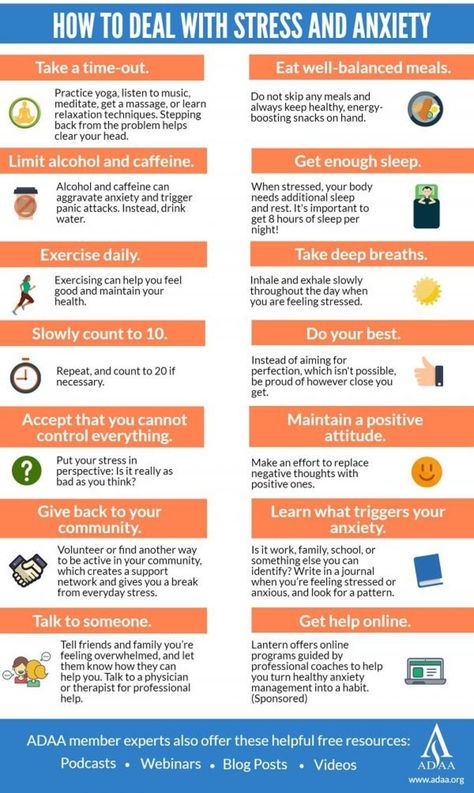
Rule 2. Avoid competitive moments in games. Let the child play for his own pleasure and benefit, and not for the purpose of winning. It is also undesirable to set an anxious child a time frame for completing a task or to adjust it. By doing this, you are unlikely to speed up his actions, but you will certainly raise the level of anxiety. nine0007
Rule 3. Introduce the child to a new game carefully, giving him the opportunity to calmly familiarize himself with it, observe the pattern of actions (if any). If you feel the child's resistance, his unwillingness to participate in the game, in no case do not insist. You can force a person to perform some actions, but you cannot force them to play for real! So in such difficult cases, try to be creative in order to interest the child and reduce his anxiety. To do this, change the rules of the game, taking into account the characteristics of your son or daughter, use visual material already familiar to the child, start playing with someone else, showing the child an example.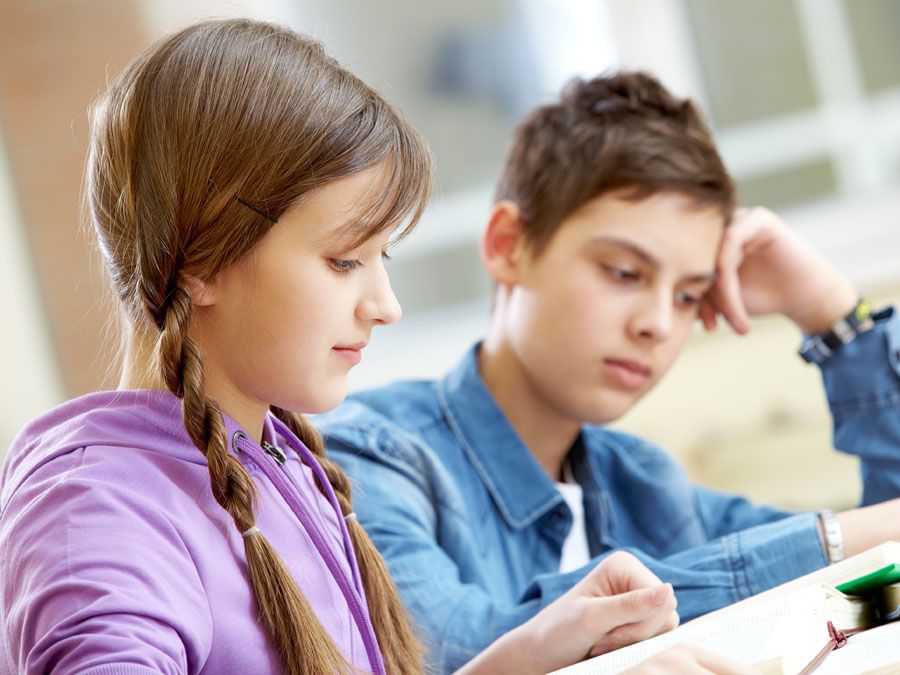 In a word, act according to the circumstances. nine0007
In a word, act according to the circumstances. nine0007
Raising a child's self-esteem
To achieve success in this matter, it is necessary that an adult himself see the dignity of the child, treat him with respect (and not just love) and be able to notice all his successes (even the smallest ones). In addition, an adult should often praise a child, and it is very important to do it correctly: children should always know what they are being praised for and understand that praise is not just a reflection of the mood of a teacher or parent, but an assessment of his specific activity. With regard to educational matters, this is easy to do: here it is easy to see that today the letter turned out to be more beautiful than yesterday, or there are no longer fifteen, but only ten errors in the dictation. But with regard to behavior or communication, here the success of children is not easy to evaluate even for teachers. nine0007
Therefore, it is better for you to think in advance which positive qualities the child already has and which he needs to acquire.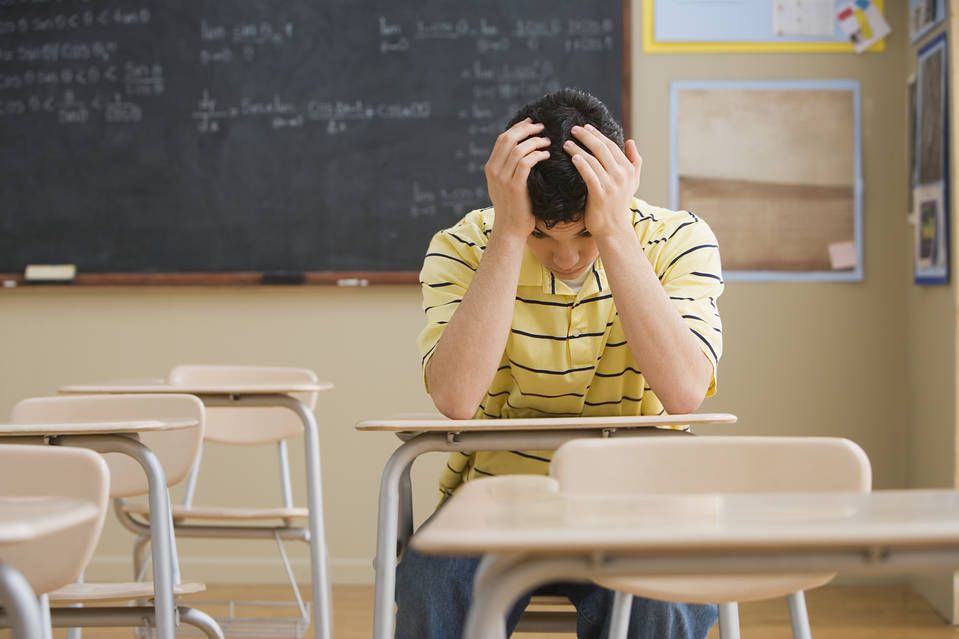 Think also about how you will let your child know that you see his successes and virtues? If you mentally answered these questions, then you are armed enough and ready to insure the child on the path of self-change. Now feel free to play with him the games and exercises described below, and try to enjoy it so that your child feels like an interesting person with whom it is pleasant to communicate. nine0007
Think also about how you will let your child know that you see his successes and virtues? If you mentally answered these questions, then you are armed enough and ready to insure the child on the path of self-change. Now feel free to play with him the games and exercises described below, and try to enjoy it so that your child feels like an interesting person with whom it is pleasant to communicate. nine0007
"Achievement box"
This is a very good game that should develop into the habit of seeing and appreciating your small victories every day. You can really achieve such a seemingly global goal if you systematically use this game technique. In the future, it will be possible to replace it with an oral discussion of your daily achievements.
So, take some kind of cardboard box or a capacious jar and, together with your child, arrange it the way he would like the piggy bank of his main values \u200b\u200bto look - his own small and big successes in life. Maybe on the surface of this piggy bank there will be drawings reflecting objects that are somehow connected with the concept of "success", or it will be just pretty patterns. Leave the choice to a boy or a girl. Separately, prepare small pieces of paper. And now enter the rule: when the child returns home, he must remember and write on this piece of paper some evidence of the success that he has achieved today. So, the following phrases will appear on the notes: “I read the poem well at the blackboard”, “Draw an excellent drawing on the theme “Autumn”, “I made a gift to my grandmother, which she really liked”, “Still, I was able to write a math test for “five” although he was afraid" and many others. These entries are put in the piggy bank of achievements. It is important that even in the most unsuccessful day the child can find something that he succeeded in. "Weightening" the piggy bank over time in itself fills children with pride and greater confidence in in his power, especially if parents and other family members treat his small victories with respect (and not from the height of his years and experience).
Maybe on the surface of this piggy bank there will be drawings reflecting objects that are somehow connected with the concept of "success", or it will be just pretty patterns. Leave the choice to a boy or a girl. Separately, prepare small pieces of paper. And now enter the rule: when the child returns home, he must remember and write on this piece of paper some evidence of the success that he has achieved today. So, the following phrases will appear on the notes: “I read the poem well at the blackboard”, “Draw an excellent drawing on the theme “Autumn”, “I made a gift to my grandmother, which she really liked”, “Still, I was able to write a math test for “five” although he was afraid" and many others. These entries are put in the piggy bank of achievements. It is important that even in the most unsuccessful day the child can find something that he succeeded in. "Weightening" the piggy bank over time in itself fills children with pride and greater confidence in in his power, especially if parents and other family members treat his small victories with respect (and not from the height of his years and experience).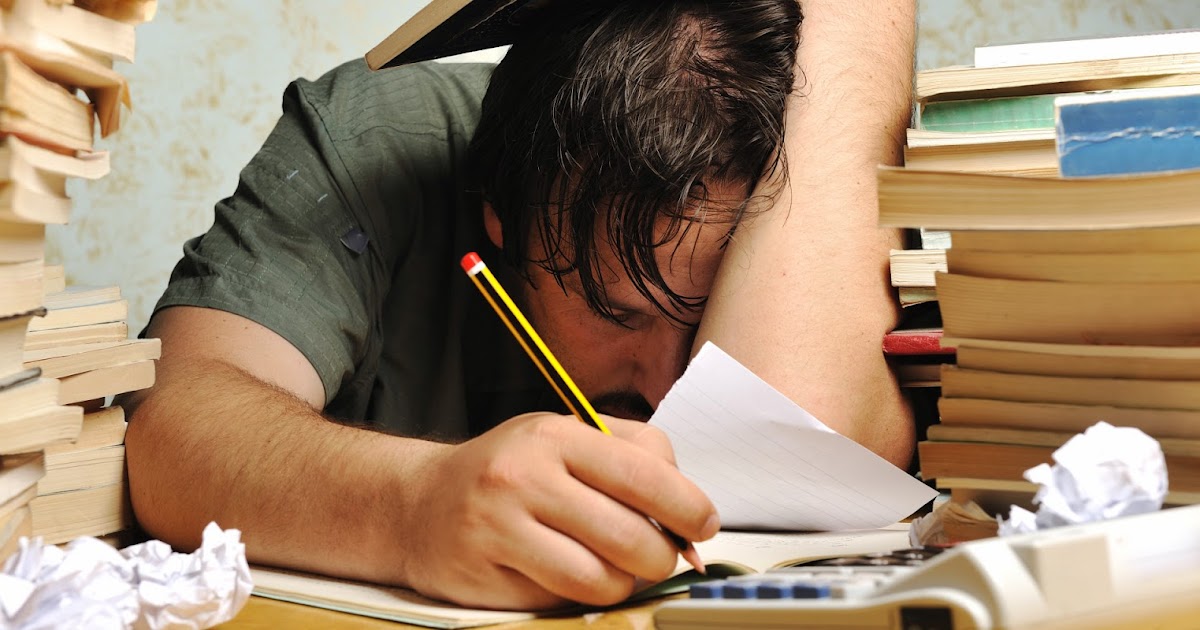 nine0007
nine0007
This piggy bank can be turned to when it seems to the child that he has met with insurmountable difficulties for him, or during periods when his critical eye is directed at his abilities and he sees himself as a useless loser. At times like these, it's helpful to remember that your child has a history of overcoming adversity and achieving success. This will help him get in a positive mood.
Note . This game can be used first to raise the child's self-esteem in general, and then to increase self-confidence in a particular matter, for example, learning the Russian language at school. Then in your "piggy bank of achievements in the Russian language" entries will appear like: "I immediately remembered the new rule and understood the topic", "I wrote the presentation well - close to the text", "I made only one mistake in the essay", etc. nine0007
"Star of Apartment No. 10"
(the number must match the number of your apartment)
Although this game is aimed at helping the child, it is intended rather for adults. It is they who should reinforce the self-esteem of the child, show him all the best that he has.
It is they who should reinforce the self-esteem of the child, show him all the best that he has.
Create a small stand dedicated to the child in your apartment. Specify the time of its use, let's say a week or two. During this period, your child will become the "star of your apartment", as all the rest of the household will follow his progress, celebrate his merits. Place a photo of the child in the center of the stand. Next, glue the petals on which you will make notes (you can also make a simpler option, it will appeal to middle school students more - in the form of a fence on which everyone writes what they want and in any of its places). During the specified time, inscriptions made by family members should appear on this stand, regarding both the permanent characteristics of the child that they appreciate, and those of his achievements and good deeds that they noticed during the current day. If desired, the child himself can add any note about himself. nine0007
Note . If there are several children in your family, then, of course, you need to create the same "star" stand for others, but you need to use them in turn - the "star of your apartment" should feel its exclusivity and uniqueness during the time allotted to it, get full volume the attention of loved ones, at least in the game without sharing it with brothers and sisters. After the expiration of the stand, it is given as a keepsake to the child himself, and he, if he wants, can place it in his room. nine0007
If there are several children in your family, then, of course, you need to create the same "star" stand for others, but you need to use them in turn - the "star of your apartment" should feel its exclusivity and uniqueness during the time allotted to it, get full volume the attention of loved ones, at least in the game without sharing it with brothers and sisters. After the expiration of the stand, it is given as a keepsake to the child himself, and he, if he wants, can place it in his room. nine0007
Sunshine
This is a great game that allows you to get "psychological strokes" from others, which are so necessary for every person in order to feel loved, needed, successful. Therefore, it must be carried out in an atmosphere of goodwill, surrounded by important people for the child. The ideal occasion for this is a child's birthday. You can organize this game when small and large guests have eaten and are ready for communication and entertainment. nine0007
nine0007
Switch their attention to the child with the words: "Look, our birthday boy is completely cold. Let's play the Sunshine game and warm him all together!" Have all guests sit in a circle (if there are not enough chairs, you can stand or sit on the floor). Place your child in the center. Give each guest one colored pencil. Explain that this is a ray of sunshine. It can be presented to a chilled person with kind words, saying that the guest likes the birthday man, for which he can be respected. Set an example yourself by saying one sentence of compliment to your child and giving him a ray. The one who is being warmed should not forget to say "thank you", you can add "very nice" if he is especially happy to hear something. Then all the guests in a circle say something good and give the child their pencil. During this, the child turns to face the speaker. nine0007
Note . The little guests present at the celebration may also have a desire to be "warmed up", to be in the center of attention.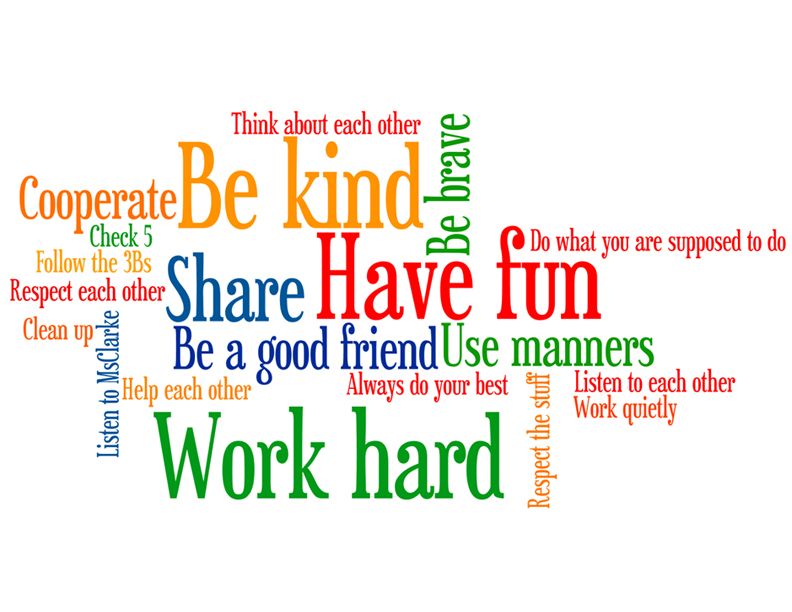 You can give them that opportunity by repeating the game, or you can save it for those special occasions by promising the kids that there will be many more exciting games ahead of them (remember that promises made to kids need to be kept right away).
You can give them that opportunity by repeating the game, or you can save it for those special occasions by promising the kids that there will be many more exciting games ahead of them (remember that promises made to kids need to be kept right away).
"Finish the sentence"
No matter how much others tell the child about how wonderful he is, the most important moment is when the child accepts their opinion and agrees that he really has a number of virtues and deserves respect. So this game is a good way to check what your child has accepted for himself and how it has affected his self-attitude. nine0007
Take the ball. Explain to the child the rules of the game: you will throw the ball to him and start the sentence, and he must throw it back, naming the ending that came to his mind. All proposals will concern the child. The same "beginnings" may come to the child several times, but the "endings" invented by him must differ. Now throw the ball to the child with the words: "I can ...", "I can ...", "I want to learn ...".
Now throw the ball to the child with the words: "I can ...", "I can ...", "I want to learn ...".
Note . Repeat each beginning of the sentence several times so that the child realizes how much he can do, which he usually did not think about, but once he learned this. nine0007
Ability to relax
It is important for all children to be able to relax, but for anxious children it is simply a necessity, because the state of anxiety is accompanied by a clamping of various muscle groups.
Teaching a child to relax is not as easy a task as it seems at first glance. Children know well what it is to sit down, stand up, run, but what it means to relax is not entirely clear to them. Therefore, some relaxation games are based on the simplest way to teach this state. It consists in the following rule: after a strong muscle tension, their relaxation follows by itself. nine0007
In addition to this principle, the games described below also use the ability of children to fantasize. Here, the harmony of soul and body helps us: when a child imagines something very pleasant and calm, his body also relaxes. However, this method works well only with children who have reached the senior preschool age, and the first can be applied at any age.
Here, the harmony of soul and body helps us: when a child imagines something very pleasant and calm, his body also relaxes. However, this method works well only with children who have reached the senior preschool age, and the first can be applied at any age.
In addition to special gaming exercises for relaxation, it is good to use tactile contact with the child, massage and just rubbing the body are also useful. nine0007
"Fight"
This game will help the child relax the muscles of the lower face and hands, as well as relieve emotional tension and partially express the aggression that anxious children never try to splash out.
Help your child imagine this situation. They quarreled with a friend. He got terribly angry. Now he really wants to give his friend a good beating. Therefore, his fists are tightly clenched, even the bones have turned white (let the child depict this by clenching his fists with force). The jaws are closed, tension is felt in them. (Your child should feel this tension, clenching his teeth strongly) From the excitement before the fight, the child even held his breath (ask him to hold his breath in this state for a few seconds). And then the boy (girl) looked at his friend and remembered how he once helped him out. Maybe you shouldn't fight? The child exhaled and relaxed (have your child do the same). Now all issues can be resolved calmly. nine0007
(Your child should feel this tension, clenching his teeth strongly) From the excitement before the fight, the child even held his breath (ask him to hold his breath in this state for a few seconds). And then the boy (girl) looked at his friend and remembered how he once helped him out. Maybe you shouldn't fight? The child exhaled and relaxed (have your child do the same). Now all issues can be resolved calmly. nine0007
Note . As you probably already guessed, this game is useful to use not only with anxious, but also with aggressive children. For them, there is an important corrective moment here: the joy of relaxation (physical and emotional) is associated with the decision not to fight, but to resolve conflicts peacefully.
Lockable mouth
This exercise will help your child learn to relax his lips and lower jaw, imitating what the figurative expression "Lock your mouth!" actually looks like. Have the child purse their lips tightly. Now, without letting go, he will tighten them so that they are not visible at all. So you need to hold out for a few seconds, delighting your parents with silence, and then you can relax your lips. Emphasize to the child that now his lips are soft and relaxed again. nine0007
Now, without letting go, he will tighten them so that they are not visible at all. So you need to hold out for a few seconds, delighting your parents with silence, and then you can relax your lips. Emphasize to the child that now his lips are soft and relaxed again. nine0007
Note . It is desirable to repeat this game several times for greater effect. So that the child does not get bored, you can alternate it with a similar game "Elephant", when a boy or girl stretches their lips forward with a tube, depicting an elephant's trunk, and then relaxes them.
Balloon
This game will help you learn how to relax your abdominal muscles. To begin with, remember with your child the last time you inflated balloons. How does the balloon change as air enters? Of course, it increases in size and tenses, it becomes difficult to push through its walls with a finger. Now let the child imagine himself as such a balloon. You need to take a very deep breath and hold your breath. Ask the player to put their hand on their stomach and feel if it has become round and tight. If it has become, then you can exhale and feel how pleasant it is when the stomach is relaxed. Repeat the game three to five more times: inhale tension, hold for a few seconds, exhale and relax. nine0007
Ask the player to put their hand on their stomach and feel if it has become round and tight. If it has become, then you can exhale and feel how pleasant it is when the stomach is relaxed. Repeat the game three to five more times: inhale tension, hold for a few seconds, exhale and relax. nine0007
Note . Pay attention to the fact that it is the stomach that is tense, follow the child's shoulders - they should not rise. The second important point is that exhalation should be done without effort, the air will come out by itself if you stop straining your stomach.
Magic Journey
In fact, this is a meditation game that helps to relax not only with the muscles, but also with the soul, carried away by thoughts into transcendental distances.
Have your child sit comfortably and close their eyes. You can turn on some smooth, pleasant melody (music must be without words!). Explain that you will now be playing a magical journey. Ask the child to relax, take a deep breath, exhale and try to imagine what you will say to him. nine0349 And you can tell about the following.
Ask the child to relax, take a deep breath, exhale and try to imagine what you will say to him. nine0349 And you can tell about the following.
"Imagine that we are sitting in a room and looking out the window, and there is a blue-blue sky. Clouds are slowly floating across the sky. Very beautiful. Suddenly we see that one fluffy cloud is approaching our window. Its shape resembles a pony. We admired this spectacle, and the cloud swam very close to us. Look, it waves its paw at us, as if inviting us to sit down! We carefully open the window and sit down on a warm cloud. Make yourself comfortable, feel how soft and cozy it is. You can even lie down. shall we fly? nine0007
The cloud began to move. Now our house seems tiny in the distance, flocks of birds fly by below. Surprisingly good. Looks like we're starting to go down. The cloud brings us down to earth. Now you can go. We are where you are calm and happy, where you feel very good. Look what's around? What are the smells in this place? What do you hear? Are there other people or animals here besides you? Here you can do whatever you want.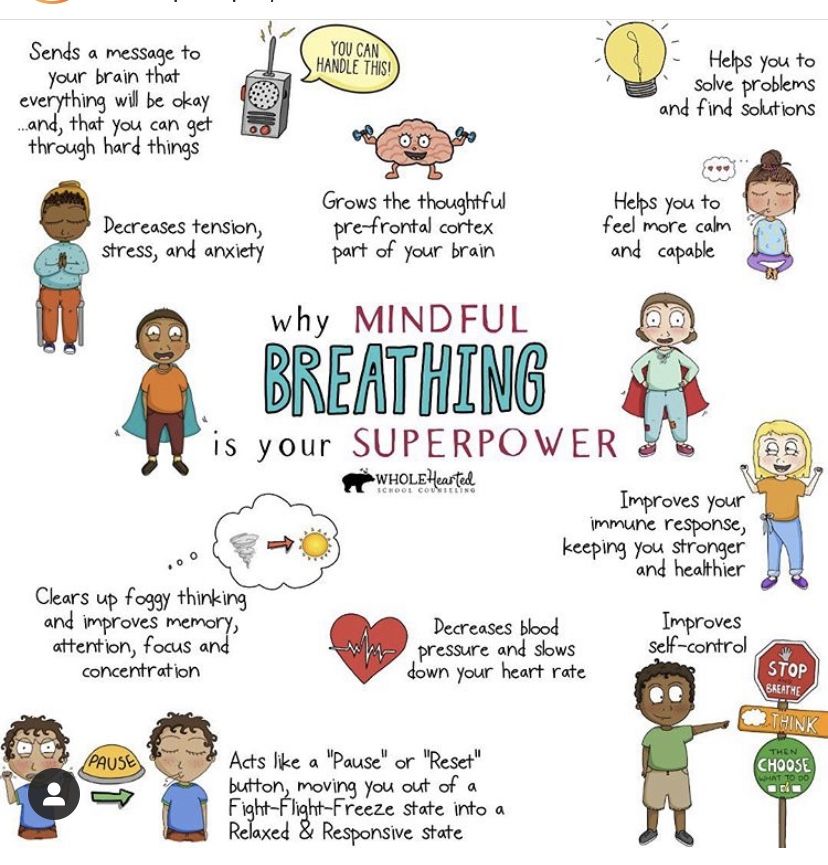 Stay in this place for a while while I count to ten, and then we will go to the cloud again (slowly count from one to ten). Well, it's time for us to return, climb on the cloud. We're flying through the bluest sky again. Here is our house. The cloud gently floats up to the window itself. You and I climb into our room right through the window. We thank the cloud for a wonderful walk and wave to it. It slowly floats away. When I count to five, it will dissolve into the sky, and you will open your eyes (count to five)." nine0007
Stay in this place for a while while I count to ten, and then we will go to the cloud again (slowly count from one to ten). Well, it's time for us to return, climb on the cloud. We're flying through the bluest sky again. Here is our house. The cloud gently floats up to the window itself. You and I climb into our room right through the window. We thank the cloud for a wonderful walk and wave to it. It slowly floats away. When I count to five, it will dissolve into the sky, and you will open your eyes (count to five)." nine0007
After the child opens his eyes, ask him to share his impressions of the trip with you. Did he enjoy floating on a cloud? What place did he envision? What was it like? How did he feel there? Does this place really exist or is it completely created by his imagination?
Note . Be attentive to the child's story - it may contain very important information about where and from what your son (daughter) feels most comfortable. And this can already be used not only for fantastic travel, but also in order to "make a fairy tale come true. " nine0007
" nine0007
"Waterfall of light"
This game also uses the child's imagination. She will teach you to relax your body and get joy. The skills of this game are already closer to the relaxation methods used by adults.
So, let the child sit (or lie down) comfortably, relax, take a few deep breaths and exhale calmly. Further, his task is to imagine as clearly as possible what you are talking about, to feel it with your whole body. nine0007
Slowly, with pauses and very soft intonations, tell the child about this.
"Imagine that you are standing at an extraordinary waterfall. There is no water in it, but soft sunlight flows down instead of it. Come closer to this waterfall, stand under its jets. Feel how this wonderful light falls on your head. It relaxes all the muscles. Here the forehead, mouth, neck became relaxed. Wherever such a light beam passed, the body is calm, warm and seems to glow. Warm light flows down to the shoulders, to the arms - they have become very pliable, soft. Streams of light flow down the back , and you feel how tension disappears in it. The waterfall washes away tension from your chest, from your stomach. It is pleasant for you to feel that you are breathing calmly and easily. Streams of light move along your arms, elbows, fingers. Not even a drop of tightness remains anywhere "The light flows down your legs, to your feet, to your toes... Now your whole body is glowing with warm light. It is relaxed and soft. You can breathe easily. You feel how your body has relieved tension and is filled with fresh strength. Stay under it in drop until I count to ten, and then you open your eyes refreshed and refreshed." nine0007
Streams of light flow down the back , and you feel how tension disappears in it. The waterfall washes away tension from your chest, from your stomach. It is pleasant for you to feel that you are breathing calmly and easily. Streams of light move along your arms, elbows, fingers. Not even a drop of tightness remains anywhere "The light flows down your legs, to your feet, to your toes... Now your whole body is glowing with warm light. It is relaxed and soft. You can breathe easily. You feel how your body has relieved tension and is filled with fresh strength. Stay under it in drop until I count to ten, and then you open your eyes refreshed and refreshed." nine0007
Note . It may not be possible for the child to complete this exercise immediately. You shouldn't be upset about this. Periodic training will not be in vain. But if, while watching the child during this meditation, you do not see how the tension really leaves his body in waves, then try to repeat this game at another time, preferably before bedtime, when the child is already in a calm, half-asleep state.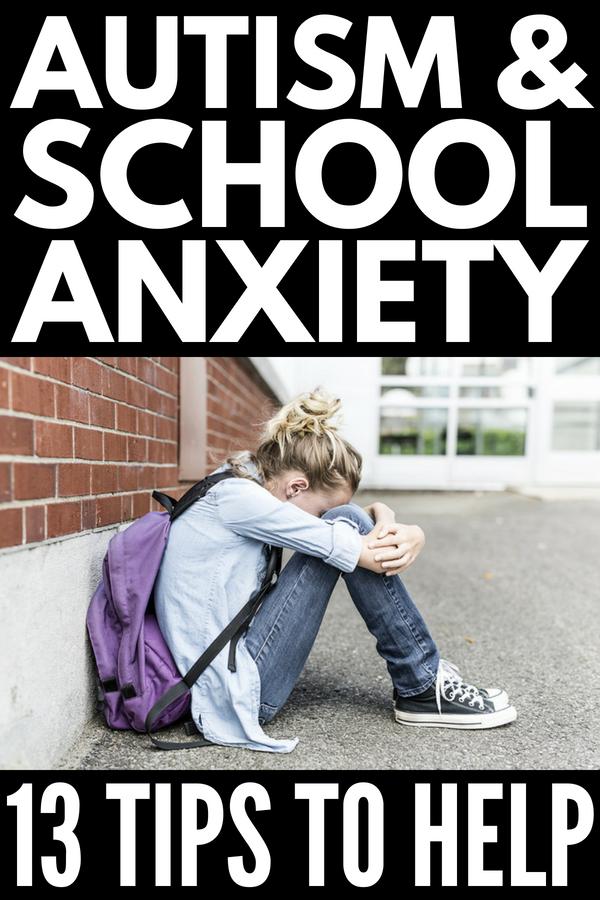
"My pearl"
The image of a pearl is most suitable for representing all the best, valuable and unique that is in every person. For some, these qualities are in plain sight and others can appreciate them, like pearls inserted into earrings or pendants. And someone hides them, as in a sea shell, under his modesty, solitude, external unremarkability. But everyone has them, and it is important that the child knows this.
Before you start playing, it would be nice for the child to brush up on the image of the sea pearl in his memory. So you can "accidentally" go with him to the nearest jewelry store, where you can draw his attention to the pearls you like. It is important that it is not artificial, but natural pearls. On the way home, you can start an informative conversation about the origin of pearls and how they have been valued at all times (including stories about pearl divers). If you conduct the game "My Pearl" some time after this mini-excursion, then the image in the child's imagination will be more natural and rich. nine0007
nine0007
So, invite your child to sit down and relax. Have him close his eyes and take a few deep breaths in and out. Now you can invite him on a journey through the inner spaces. Ideally, if you have a melody that includes the sounds of the sea (of course, without words) as musical accompaniment.
You can start a meditation story: “The soul of every person is like the sea. Either it is bright and calm, the sun’s glare shines on its surface, delighting those around it. moments, people around us may be afraid of the sea and avoid it.But whatever the weather, at the bottom of the sea, everything is different.Let's try to sink into the transparent turquoise water column.Do you see small shiny fish swimming past us in a flock?But here is a starfish.We swim even deeper. There, at the very bottom of the sea, lies the true treasure of your soul. It is a pearl. Only you can take it in your hands. Swim closer and examine it. What kind of light does it emit? What size is it? What does it lie on? Take it gently in your hands Other people have such pearls in their souls, but nowhere are there even two identical ones.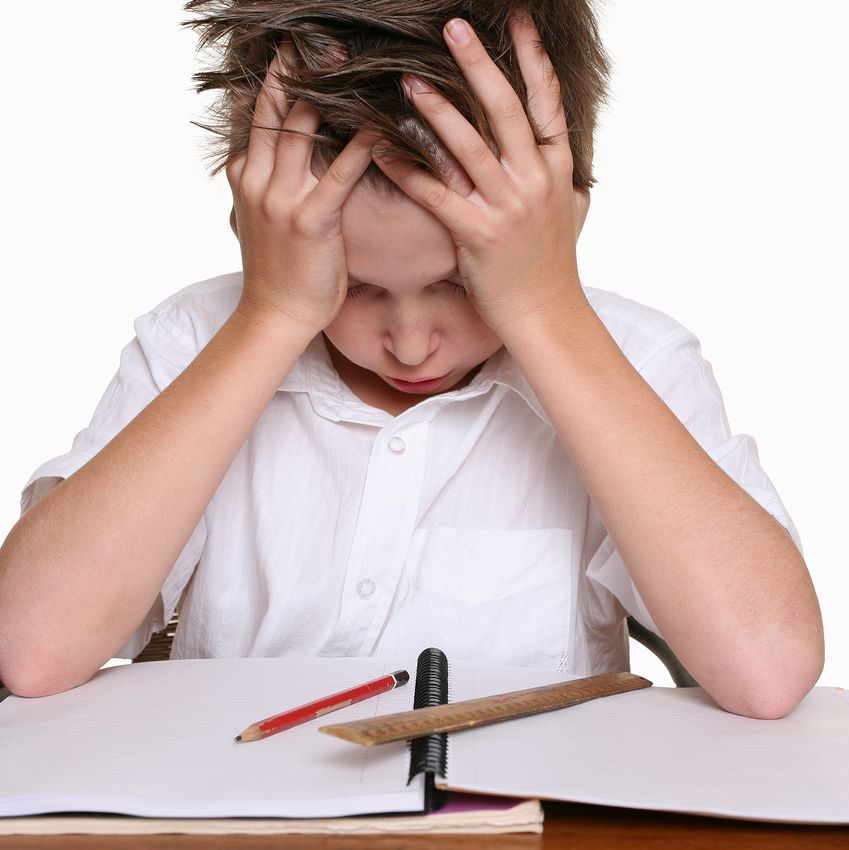 nine0007
nine0007
Do you hear sounds? She probably wants to tell you something important about yourself! Listen to her carefully, because she knows that you are unique, good, special. Did you hear well what she told you? If yes, then carefully lower the pearl back to the bottom of your soul. Thank her for making you feel happy. Well, it's time to sail back. When I count to ten, you will swim to the surface of the sea, emerge and open your eyes."
Note . This game will imperceptibly perform two tasks at once: relieving the child's muscular and emotional tension and raising his self-esteem, faith in his uniqueness and usefulness. nine0007
Get the Star
"To get a star from the sky" means in our language to do something impossible, to achieve fantastic success, to fulfill a dream. Well, now you and your child will do this using your imagination.
Unlike previous games, the child should comfortably stand up and close their eyes. Then he, as before, will try to imagine and do what you tell him about. If you like, you can turn on some suitable slow music to act as background sound for your words: nine0007
Then he, as before, will try to imagine and do what you tell him about. If you like, you can turn on some suitable slow music to act as background sound for your words: nine0007
“Imagine that you are standing in a clearing. Above you is a dark night sky, all strewn with stars. They shine so brightly that they seem very close. make a wish, and it will surely come true. They also say that you can’t get a star. But maybe they just haven’t tried? Find the brightest star in the sky with your mind’s eye. What dream does it remind you of? Imagine well what you would like. "Now open your eyes, take a deep breath, hold your breath and try to reach the star. It's not easy: stretch with all your might, tighten your arms, stand on your toes. So, just a little more, you almost got it. There! Hooray! Exhale and relax "Your happiness is in your hands! Put your star in front of you in a beautiful basket. Be glad looking at it. You have done something very important. Now you can rest a little. Close your eyes. Again mentally look at the sky. Are there any more stars there, reminding you of other covenants oh dreams? If there is, then carefully look at the chosen luminary. Now open your eyes, breathe in and reach for your new goal!" nine0007
Close your eyes. Again mentally look at the sky. Are there any more stars there, reminding you of other covenants oh dreams? If there is, then carefully look at the chosen luminary. Now open your eyes, breathe in and reach for your new goal!" nine0007
Thus, this game can be repeated several times while the child still has some important dreams and desires. After you have played, you can discuss with the child the picture that arose in his imagination. If your son or daughter wants, they can even share their dreams with you.
Note . This game, as you already understood, combines both methods of relaxation: both mental meditation and alternation of strong tension with relaxation. In addition, it has an important psychological meaning - it sets the child up to achieve success, teaches them to believe in the unlimitedness of their capabilities, not to give up their dreams! nine0007
Self-management
This is the third very important direction in working with anxious children. It involves the transition from new acquisitions of the child's inner world (in the form of higher self-esteem and the ability to relax, make one's state comfortable) to their external expression. That is, we must teach the child to apply their knowledge and skills in practice, so that not only his perception, but also his behavior changes.
It involves the transition from new acquisitions of the child's inner world (in the form of higher self-esteem and the ability to relax, make one's state comfortable) to their external expression. That is, we must teach the child to apply their knowledge and skills in practice, so that not only his perception, but also his behavior changes.
When parents of anxious children turn to a psychologist, they usually want to immediately jump to this point, bypassing the work on the stages of self-esteem and relaxation invisible to the naked eye. But in order for the correction of the child's behavior to be effective, competent and systematic work is needed at the previous stages. So don't rush into this section. Classes using the games described here, of course, can be started in parallel with the previously proposed games, but not from the very beginning, but when part of the assistance program has already been completed. nine0007
"Portrait of a brave man"
First of all, we note that anxious children are too prone to constant self-assessment and self-criticism.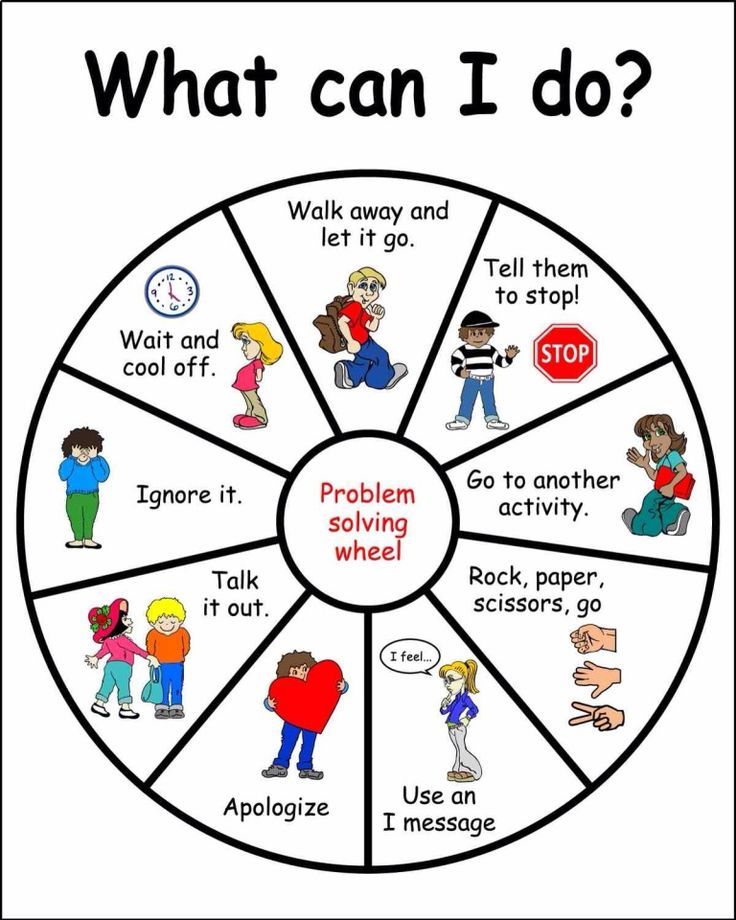 In addition, in their imagination there is usually an image of a brave person - a certain standard who is not afraid of anything. Therefore, the task of this game is not to help the child realize his shortcomings, but rather to realize his ideal and make it more real and achievable.
In addition, in their imagination there is usually an image of a brave person - a certain standard who is not afraid of anything. Therefore, the task of this game is not to help the child realize his shortcomings, but rather to realize his ideal and make it more real and achievable.
So, ask your son or daughter to imagine a brave person. What does he look like? How does he walk? How does he communicate with other people? How do you deal with difficult situations? When the picture appears in your fantasy, ask them to reflect it on a piece of paper. Discuss the resulting drawing. Let the child give a name to the drawn brave person. Then ask if this, say, Nikita has anxiety or fears? Most likely, you will receive a negative answer, because a very brave person is drawn, akin to a winning superhero. Then ask leading questions that should lead the child to the conclusion that there are no people who are not afraid of anything. A brave person is one who can deal with his anxiety and fears.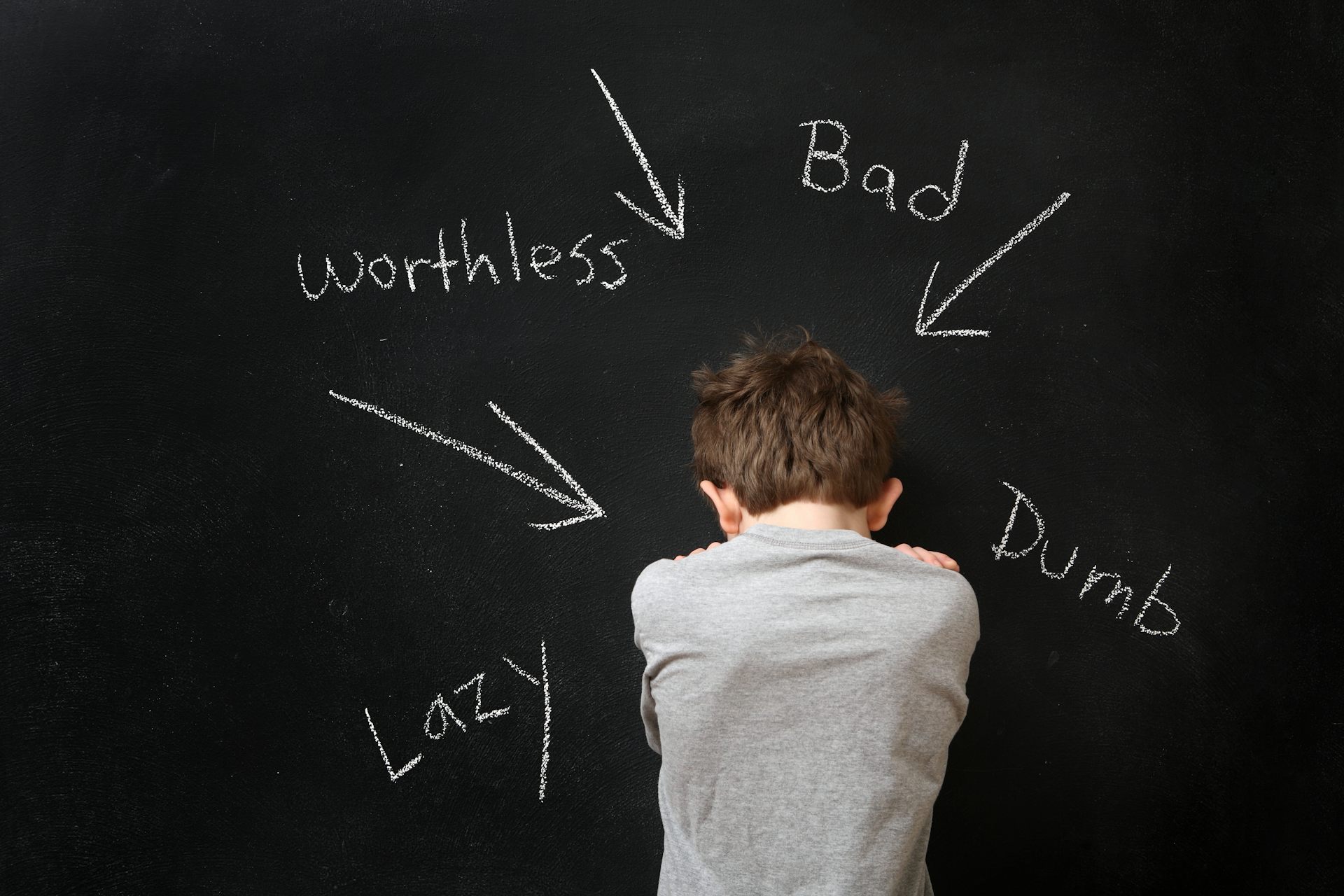 In order for the children to come to such a conclusion, they should answer questions like: “Does Nikita have relatives? Isn’t he afraid that some kind of trouble might happen to them? If Nikita is a living person, then he is probably tired or sick. Can he be as brave in these moments? Does he doubt that now he can not cope with the difficulties? etc. nine0007
In order for the children to come to such a conclusion, they should answer questions like: “Does Nikita have relatives? Isn’t he afraid that some kind of trouble might happen to them? If Nikita is a living person, then he is probably tired or sick. Can he be as brave in these moments? Does he doubt that now he can not cope with the difficulties? etc. nine0007
That is, your task in this game is to "humanize" the image of the drawn daredevil as much as possible, to make it more accessible to the child. Therefore, in addition to questions about character traits such as courage, one can be interested in the favorite dishes of a brave person and how he likes to spend his free time, with whom he is friends, etc.
When you feel that the image has become more real, you can offer the child an unexpected question for him: "And how are you similar to this brave person?" In case of difficulty with the answer, help the child yourself by comparing what you hear with what you know about your son or daughter, as well as with manifestations of courage that were in his life. nine0007
nine0007
Note . To get completely closer to your unattainable ideal, you can invite a boy or girl to talk with this person. The child himself will speak for both, sitting either on his chair (when he is responsible for himself), or moving to an empty chair (when the Courageous person should answer).
"If I were... Pinocchio"
(put here the name of a literary or movie character that your child likes) nine0007
This game will help the child switch from his anxiety and doubts about the correctness of his words and deeds to another goal - to play the role of his favorite character as accurately and expressively as possible.
Use this game technique when your son or daughter is unable to do something due to anxiety and embarrassment. For example, you are sure that the child knows the poem well, but cannot answer in class, or he demonstrates excellent sports success when you are alone, and during training he gets lost as soon as he approaches the uneven bars. In such cases, it will be useful to offer the child to perform the action because of which he is experiencing, as if on stage - to enter the role of a character in some fairy tale or film. nine0007
In such cases, it will be useful to offer the child to perform the action because of which he is experiencing, as if on stage - to enter the role of a character in some fairy tale or film. nine0007
For example, you can ask a child how it seems to him how Pinocchio would read a poem in class. Was he worried about it? How would you react to the mark that the teacher gives him? Practice at home in this role. Let the child try to convey not only its outer side, but also the inner content. Now agree that in the classroom the child will secretly try to play this role. It will be such a secret joke for the rest, only you will know about it. Say that today you are not interested in success in literature. But when the classes are over, you will discuss the success of the role played: did you manage to feel like Pinocchio? To be reckless and cheerful? "Philosophical" attitude to the assessment? nine0007
Note . Characters for this game should be chosen energetic, cheerful and fearless, and anxious children have enough responsibility and seriousness even without them.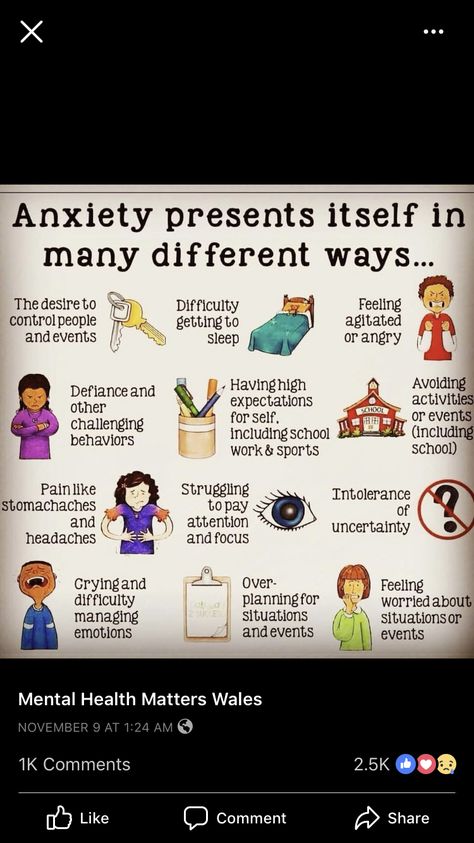 In order for the child to be able to focus on his role, and not on the work being done, you must also concentrate on the game and not make comments about the reading of the poem itself, otherwise the child will notice duality and insincerity.
In order for the child to be able to focus on his role, and not on the work being done, you must also concentrate on the game and not make comments about the reading of the poem itself, otherwise the child will notice duality and insincerity.
"Show the one you're afraid of"
It is not uncommon for anxious children to become more anxious when a certain person or animal is around. At the same time, they are not so afraid of them, but rather feel vague fears and discomfort. Their negative emotions may be the result of uncertainty, obscurity and incomprehensibility of these beings and their inner world. To make them stop being so alien and frightening, you can use this game.
Ask the child in what situation he almost always feels restless. For example, you heard the following: although the teacher never behaved rudely towards him, he still gets very worried when he answers at the blackboard or is left alone with the teacher.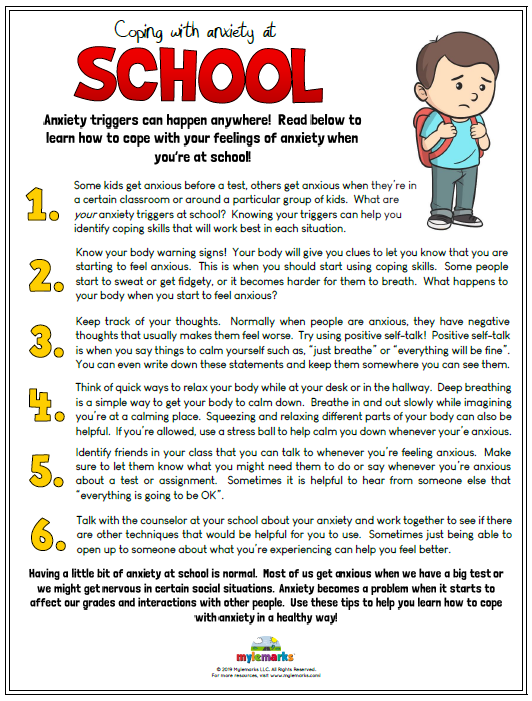 nine0007
nine0007
Invite the child to act out such a scene. Let him choose a toy that will play his role. He himself must reincarnate as a teacher and begin conversations or actions typical of the situation. When it is the turn of the student to answer, the child must voice the toy, taking it in his hands and moving it in accordance with the scenario.
The scene can last as long as the young director-performer wants. If, on the contrary, you see that the action has come to a standstill, then you can play impromptu for other characters, for example, for a school principal who accidentally looked in or for another student. The main thing is to support the game with your actions, perhaps to give it a deeper meaning. nine0007
After the end of the "premiere" talk with the child. Find out how he felt as a teacher. What did he want from a student? What made the teacher happy, what upset him? Was the teacher himself afraid of something? Such a view from the "behind enemy lines" will help the child see the situation differently and realize, no matter how trite it may seem, that "teachers are people too.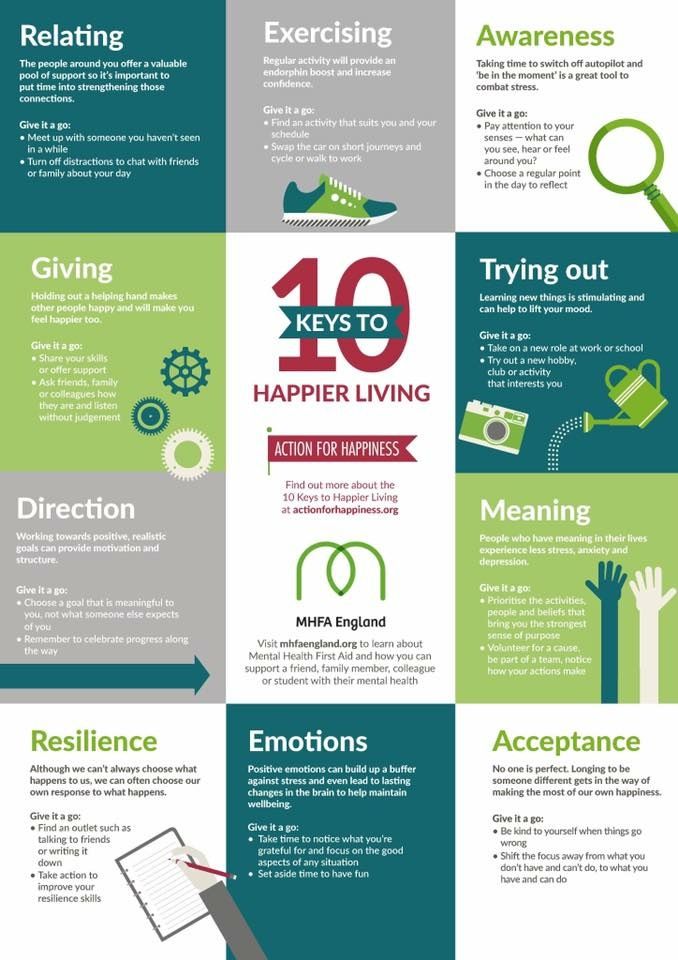 " If it is possible to arouse in the child sympathy for the teacher and a desire to help him, then this will be simply wonderful both for the most anxious child and for his relationship with the teacher. nine0007
" If it is possible to arouse in the child sympathy for the teacher and a desire to help him, then this will be simply wonderful both for the most anxious child and for his relationship with the teacher. nine0007
Note . Children often offer their loved ones to play some role in the game. Do not refuse them such requests. The game will only benefit from this, as you will be able to influence its course. Take on the role of a student in the story above. And worry in this role with all your might! So the child will be able to see from the outside the absurdity of such unrest and find out what the teacher feels when such a schoolboy is in front of him.
"Confidence Contest"
Ask your child what contests he knows. Of course, there are a great many of them. If you make an effort, then together you will remember the competition for the best joke, sports achievements, for the most mysterious trick, for the best musical performance, etc. In addition to them, a beauty contest will surely pop up in your memory. This is a pompous celebration with a jury and even viewers. Girls applying for the title of "Miss Moscow" (or insert any other city) must be not only beautiful, but smart, self-confident and so on. In general, confidence is an important quality that helps to win in any competition - physical or intellectual. So let's have a confidence contest. nine0007
In addition to them, a beauty contest will surely pop up in your memory. This is a pompous celebration with a jury and even viewers. Girls applying for the title of "Miss Moscow" (or insert any other city) must be not only beautiful, but smart, self-confident and so on. In general, confidence is an important quality that helps to win in any competition - physical or intellectual. So let's have a confidence contest. nine0007
Invite the child to dream up, how would this competition go? What tasks would it contain? Who would he invite to the jury? How would a person have to behave in order to reach the final? Listen to these answers and try to analyze what image of confident action has developed in your child's head.
Now act out small episodes that could be shown on TV. For example, let the child depict how the person who was the first to leave the stage, that is, the most insecure, performed. Be the leader and ask any question to such a participant. And the child should try to answer it in this way and at the same time move and gesticulate in order to create the most vivid image. The next scene will be the complete opposite. In it, the child will try to answer the questions as Mr. or Miss Confidence did. nine0007
The next scene will be the complete opposite. In it, the child will try to answer the questions as Mr. or Miss Confidence did. nine0007
Note . If the child does well in the role of Miss (or Mister) Confidence, then on this triumphant note, you can end the game by asking the new star to take a photo for memory and presenting an honorary prize. If you see that such a participant clearly would not have reached the final, then discuss with the child how a confident person behaves, or even better, ask the child to "hold the camera", and climb onto the stage yourself and show him the standard of confidence. As the saying goes, it's better to see once than hear a hundred times! nine0007
"Calm, only calm!"
In this game, the child will train to remain calm in a variety of situations, with fear, surprise, surprise, disgust. These gaming skills can later be used in everyday life.
Ask the child to remember some simple, well-known poem.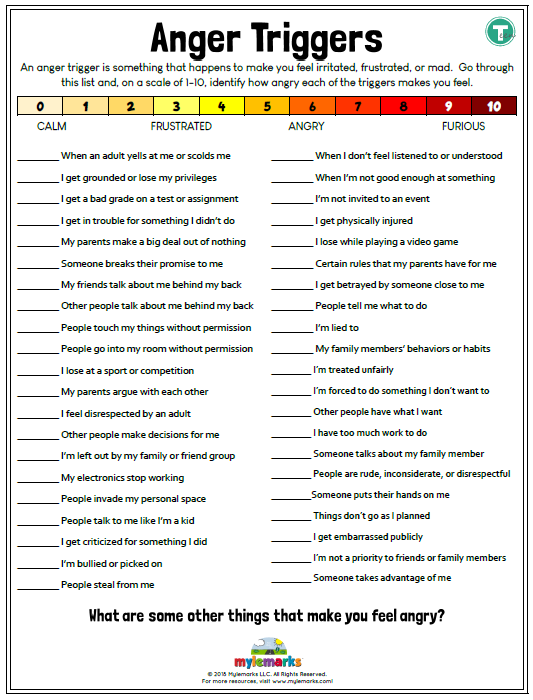 Now he will have to read it as calmly as possible, pronouncing one line at a time, no matter what happens around him. And what will happen around is that you will be able to come up with a terrible and unpleasant. This is your role here. You can say, like the old woman Shapoklyak, but only you know that this is for the benefit of your beloved child (it's the same as going to the doctor). nine0007
Now he will have to read it as calmly as possible, pronouncing one line at a time, no matter what happens around him. And what will happen around is that you will be able to come up with a terrible and unpleasant. This is your role here. You can say, like the old woman Shapoklyak, but only you know that this is for the benefit of your beloved child (it's the same as going to the doctor). nine0007
Let the child begin to read the first line. Suppose he says: "I was driving a Greek across the river." Meanwhile, you sneak up behind and clap your hands. But the reader should calmly continue: "He sees a Greek: there is cancer in the river." Then you can turn off the light or even give the child a sudden nudge on the shoulder. In general, this way you will "mock the little one" until the last line of the poem.
Note . To keep in the role of a calm person it was easier, you can remember Carlson and try to imagine how he would read this rhyme, demonstrating to everyone how calm and even boring he is.